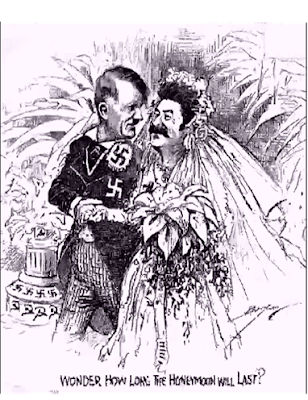- Jun 16, 2010
- 4,816
- 1,391
- 130
Lyndon Johnson's foreign policy was the worst and Ronald Reagan's the best.
Sun Tzu wrote “An army may be likened to water, for just as flowing water avoids the heights and hastens to the lowlands, so an army avoids strength and strikes weakness.”
Johnson - Giap avoided America's strength (massive firepower) and struck at America's weakness (fickle public support).
Check out the video: [ame="http://www.youtube.com/watch?v=LR4PZExLyv0"]Sun Tzu tactics used in Vietnam War 1/3[/ame]
Douglas MacArthur was right to urge the United States to avoid land wars in Asia.
Reagan - Reagan avoided the Soviet's strength (massive army in Europe) and struck at the Soviet's weaknesses (a failing economy and outdated technology).
Reagan successfully bankrupted the Soviet Empire.
President Ronald Reagan: Winning the Cold War
As in the Cold War, Russia Is Vulnerable on Energy
Sun Tzu wrote “An army may be likened to water, for just as flowing water avoids the heights and hastens to the lowlands, so an army avoids strength and strikes weakness.”
Johnson - Giap avoided America's strength (massive firepower) and struck at America's weakness (fickle public support).
Check out the video: [ame="http://www.youtube.com/watch?v=LR4PZExLyv0"]Sun Tzu tactics used in Vietnam War 1/3[/ame]
Douglas MacArthur was right to urge the United States to avoid land wars in Asia.
Reagan - Reagan avoided the Soviet's strength (massive army in Europe) and struck at the Soviet's weaknesses (a failing economy and outdated technology).
Reagan successfully bankrupted the Soviet Empire.
President Ronald Reagan: Winning the Cold War
As in the Cold War, Russia Is Vulnerable on Energy
Last edited:




